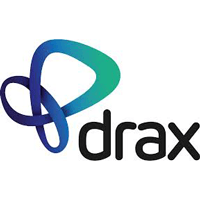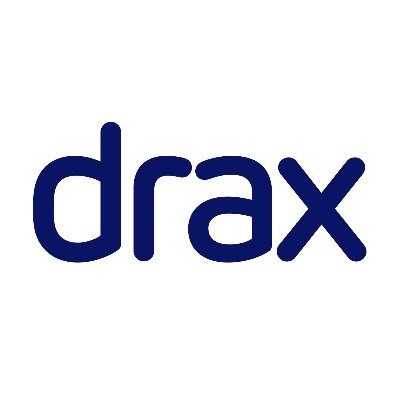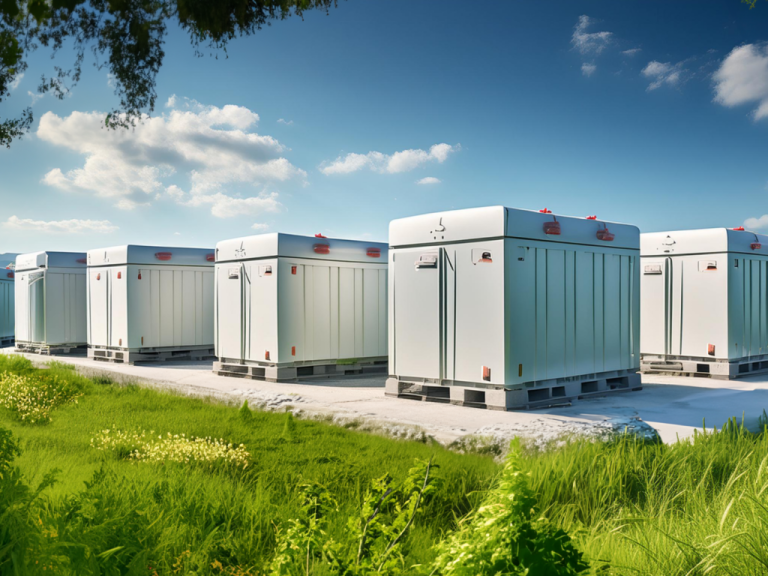Drax Group Plc (LON:DRX), today announced full year results for the twelve months ended 31 December 2018
Good financial performance
· Group Adjusted EBITDA up 9% to £250 million
· Continued strong cash generation and balance sheet
– 1.3x net debt to Adjusted EBITDA (2017: 1.6x net debt to Adjusted EBITDA)
– Net cash from operating activities of £311 million (2017: £315 million)
– Net debt(4) of £319 million (2017: £367 million)
· Dividend growth – 15% increase in dividend per share – 14.1 pence per share (2017: 12.3 pence per share)
· £50 million share buy back programme completed
· Total profit before tax of £14 million includes gains principally related to foreign currency hedging of £38 million (2017: Total loss before tax of £204 million including unrealised losses of £177 million)
Acquisition of ScottishPower Generation has accelerated strategy
· 2.6GW multi-site, multi-technology portfolio of pumped storage, hydro and gas
· Strong strategic fit with UK’s need for flexible, low carbon and renewable generation
· High quality earnings with expected returns significantly in excess of weighted average cost of capital
Good progress with strategic initiatives
· Successful low-cost conversion of fourth biomass unit
· Third US biomass pellet plant commissioned and fully operational
· Progress with biomass cost reduction programme including sawmill co-location and rail spur development
· Commenced BECCS(5) pilot project and equity investment in C-Capture – technology proven with CO2 captured
· Development of B2B Energy Supply customer and IT platform
Outlook
· Continued growth in Adjusted EBITDA, cash generation and dividend
· Integration of ScottishPower Generation
· Continue to expect Capacity Market to be reinstated on same or similar basis
· Attractive investment options for growth: biomass cost reduction, biomass capacity expansion and new gas
Will Gardiner, Chief Executive of Drax Group plc, said:
“Drax is now one of the leading generators of flexible, low carbon and renewable electricity in the UK. As the grid decarbonises, our ability to support intermittent renewables will become increasingly important as we strive to deliver our purpose of enabling a zero carbon, lower cost energy future.
“Drax performed well in 2018. Our commitment to operating safely and sustainably remains at our core. We commissioned our third pellet production plant, which contributed to our good results. After a difficult first quarter for our Power Generation business, we delivered strong availability and financial results. Whilst the year was challenging for our B2B Energy Supply business, we continued to grow our customer base and are investing in the significant opportunity created by smart meters.
“We are confident in our ability to continue growing our earnings and advancing our strategy through the year. We have attractive investment opportunities throughout our business, and while short-term uncertainty over the Capacity Market remains, we look forward to developing those opportunities in a disciplined fashion.”
Operational review
Pellet Production – Focus on good quality pellets at lowest cost
· Adjusted EBITDA of £21 million (2017: £6 million)
– 64% increase in production to 1.351 million tonnes (2017: 0.822 million tonnes)
– LaSalle Bioenergy (LaSalle) commissioned and fully operational – 0.5Mt pellet capacity – performing well
– 10% reduction in cost per tonne
· Biomass cost reduction initiatives – future benefits
– Co-location and offtake agreement with Hunt Forest Products for low-cost sawmill residues at LaSalle
– LaSalle rail spur – $10/tonne reduction in transport cost to Baton Rouge port facility – commissioning 2019
– Relocation of administration from Atlanta to Monroe – greater operational focus and savings
Power Generation – Optimisation of portfolio, system support services and development of decarbonisation projects
· Adjusted EBITDA of £232 million (2017: £238 million)
– Impact of rail unloading outage and generator outage on one ROC(6) unit in Q1 2018
– Lower margins from coal generation – coal and carbon costs
– System support revenue of £79 million (2017: £88 million) – specific Black Start contract in Q1 2017
– Suspension of Capacity Market – £7 million of revenues not accrued in Q4 2018
– Optimisation of ROC generation, biomass operations and procurement of third party biomass volumes
– Biomass earnings benefited from conversion of fourth unit and insurance proceeds on historic outages
· Electricity output (net sales) down 8% to 18.3TWh (2017: 20.0TWh)
– 75% of generation from biomass (2017: 65%)
· Strong biomass availability – 91% (2017: 79%)
– Reduced biomass generation in Q1 2018 offset by strong unit availability Q2-Q4 2018
B2B Energy Supply – Profitable business, growth in customer meters, challenging market environment
· Adjusted EBITDA of £28 million (2017: £29 million)
– 5% increase in customer meters to 396,000 (2017: 376,000)
– Increase in bad debt and provisioning reflecting challenging environment
– Mutualisation of renewable costs associated with competitor failure
– Higher gas costs due to weather and mutualisation
– Benefit of full year of Opus Energy (2017: 10.5 months)
– 22% growth in gross profit to £143 million (2017: £117 million)
· Development of flexibility and system support market
· Continued investment in next generation systems to support growth and operational efficiency
Group financial information
· Total basic earnings per share of 5.0 pence, includes write-off of coal-specific assets (£27 million) following fourth biomass unit conversion, costs associated with acquisition and on-boarding of ScottishPower Generation, restructuring costs in Opus Energy and Pellet Production (£28 million), and unrealised gains on derivative contracts (£38 million)
· Tax credit of £6 million includes benefit of Patent Box claims – corporation tax rate of 10% on profits arising from the use of biomass innovation
· Capital investment of £142 million
– Maintaining operational performance (£55 million), enhancement (£40 million), strategic (£35 million) and other (£12 million)
· Net debt of £319 million, including cash and cash equivalents of £289 million (31 December 2017: £367 million)








































